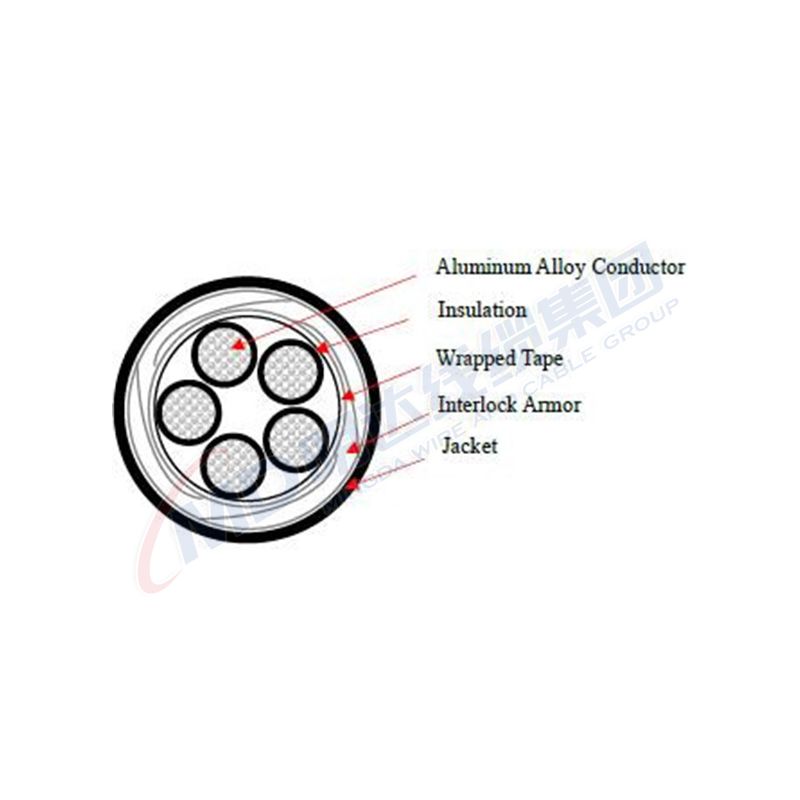10 月 . 11, 2024 07:08 Back to list
cast steel valve
Understanding Cast Steel Valves A Key Component in Industrial Applications
In the diverse world of industrial applications, valves play a critical role in managing and controlling the flow of liquids and gases. Among the various types of valves available, cast steel valves stand out due to their robust construction, versatility, and reliability. This article delves into the definition, benefits, types, and applications of cast steel valves, illuminating their significance in numerous industries.
What are Cast Steel Valves?
Cast steel valves are precisely engineered components that control the flow of fluids in various pipelines and systems. Made from cast steel, these valves are produced by pouring molten steel into a mold, where it solidifies into the desired shape. This manufacturing method offers superior strength, durability, and resistance to harsh environmental conditions compared to valves made from other materials.
Advantages of Cast Steel Valves
1. Strength and Durability One of the primary benefits of cast steel valves is their impressive mechanical strength. These valves can withstand high pressures and temperatures, making them suitable for demanding applications in industries such as oil and gas, power generation, and chemical processing.
2. Corrosion Resistance Cast steel valves are often treated or coated to enhance their resistance to corrosion. This is particularly important in environments where exposure to chemicals and moisture is common. The longevity of these valves significantly reduces the need for frequent replacements, resulting in lower overall maintenance costs.
3. Versatility These valves come in various types, including gate valves, globe valves, check valves, and ball valves. This variety allows them to be used in an extensive range of applications, from regulating flow in pipelines to isolating equipment.
4. Cost-Effectiveness While the initial investment in cast steel valves may be higher than some alternatives, their durability and low maintenance requirements generally lead to cost savings over time. The long lifespan of these valves translates into fewer replacements and repairs.
Types of Cast Steel Valves
1. Gate Valves Designed for on/off control, gate valves provide minimal resistance to flow when fully open. They are commonly used in water supply systems, oil pipelines, and other applications where a straight flow path is essential.
cast steel valve

2. Globe Valves These valves are ideal for regulating flow and pressure. Their design allows for precise control, making them suitable for applications in steam lines, chemical plants, and hydraulic systems.
3. Check Valves Check valves prevent backflow by allowing fluid to flow in one direction only. They are essential in applications where backpressure could damage equipment or create safety hazards.
4. Ball Valves Known for their quick operation, ball valves provide reliable sealing and are frequently used in systems requiring frequent on/off cycling, such as in natural gas pipelines.
Applications of Cast Steel Valves
The use of cast steel valves spans multiple industries, showcasing their versatility and reliability
- Oil and Gas In the upstream and downstream sectors, cast steel valves manage the flow of hydrocarbons, providing essential control across drilling, production, and transportation processes.
- Power Generation These valves are crucial in steam and water systems in power plants, contributing to efficiency and safety in energy production.
- Chemical Processing Cast steel valves are widely used in chemical manufacturing due to their ability to handle corrosive substances and varying temperatures.
- Water Treatment The water and wastewater treatment facilities utilize cast steel valves to manage the flow and ensure the proper treatment of water resources.
Conclusion
In summary, cast steel valves are integral components in various industrial applications, providing essential functions that enable operational efficiency and safety. Their strength, corrosion resistance, and versatility make them a preferred choice in many sectors, including oil and gas, power generation, and chemical processing. As industries continue to evolve, the demand for robust and reliable valve solutions like cast steel valves will only grow, underscoring their importance in modern engineering.
Share
-
Understanding the Differences Between Wafer Type Butterfly Valve and Lugged Butterfly ValveNewsOct.25,2024
-
The Efficiency of Wafer Type Butterfly Valve and Lugged Butterfly ValveNewsOct.25,2024
-
The Ultimate Guide to Industrial Swing Check Valve: Performance, Installation, and MaintenanceNewsOct.25,2024
-
Superior Performance with Industrial Swing Check Valve: The Essential Valve for Any SystemNewsOct.25,2024
-
Industrial Swing Check Valve: The Ideal Solution for Flow ControlNewsOct.25,2024
-
You Need to Know About Industrial Swing Check Valve: Functionality, Scope, and PerformanceNewsOct.25,2024